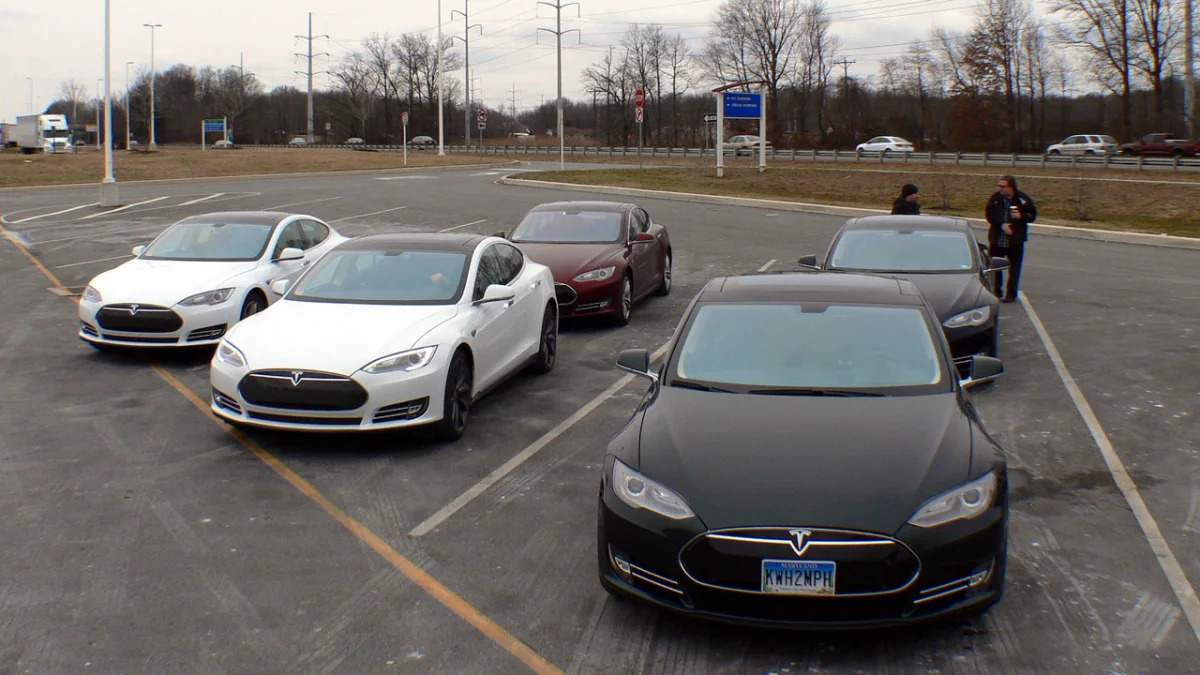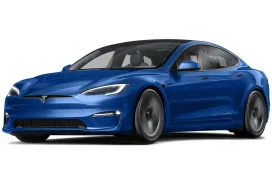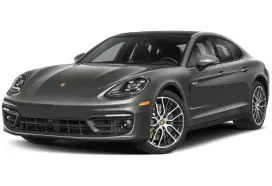Yesterday, the NYT's public editor, Margaret Sullivan, wrote the"Musk is at fault, too, for using the car's driving logs "in the most damaging (and sometimes quite misleading) ways possible."
This whole story, of course, is really about the fact that electric vehicles suffer a drop in range in cold weather, which matters more than in normal cars since there is less range to begin with (not to mention it takes longer to refuel an EV's energy reserves than it does its liquid-fueled counterparts). There are a number of factors in play, but Tesla has said range drop in the Model S is about 10 percent (which, interestingly enough, is about the same as what vehicles powered by gasoline engines suffer in such weather).
Consumer Reports has an interesting article up about learning how to adjust to cold-weather changes in its Model S, including a tale similar to Broder's about running the car down to the "charge now" warning screen, but the institute managed to make it to their destination. CR writes, "To its credit, the Model S delivered 176 miles from a full charge in cold weather – considerably more than any other EV on the planet. While it was in line with what the car predicted, it proved well short of the rated 240 miles the car promised when I started, let alone the 265 estimated by the EPA or the 300 touted by Tesla."Interestingly enough, a 10-percent efficiency drop is about the same as what ICE vehicles suffer.
Meanwhile, over in take-a-step-back-ville, Grist suggests that the entire public dispute is a "sideshow" and that:
This story is far from over, even though the facts and he-said/he-said nature of the situation seem to be solidifying. Late tomorrow, Tesla will hold its quarterly earnings call, and we're going to bet this incident will come up. One interesting tidbit we learned in a preview article of that call is that Musk earns only $33,000 a year from his part-time CEO role at Tesla (he splits his time between Tesla and SpaceX). No one ever said changing the way the world drives was going to be easy... or instantly profitable.It is probably true that electric cars will never be able to replace gas cars, if the cars themselves – the widgets – are the only thing we replace. The entire system was designed and built around ICE cars. Turns out it's difficult to build a luxurious, two-ton armored tank that can travel 300 miles on a quick-charging battery pack. The problem, however, is not merely that our cars consume too much oil. It's that our transportation system consumes too much oil. A better system won't merely involve better cars, it will involve driving less, telecommuting more, using more public transportation, sharing cars, making cars smarter, and building more and better electrical infrastructure.
*Update: Just to clarify, Sullivan's role as Public Editor does not mean her response was "the official Times response." She wrote that, "As public editor, I speak only for myself. My opinions about what happened during and after the Tesla Model S road test, expressed in my Monday blog post, are not those of The Times."









Sign in to post
Please sign in to leave a comment.
Continue